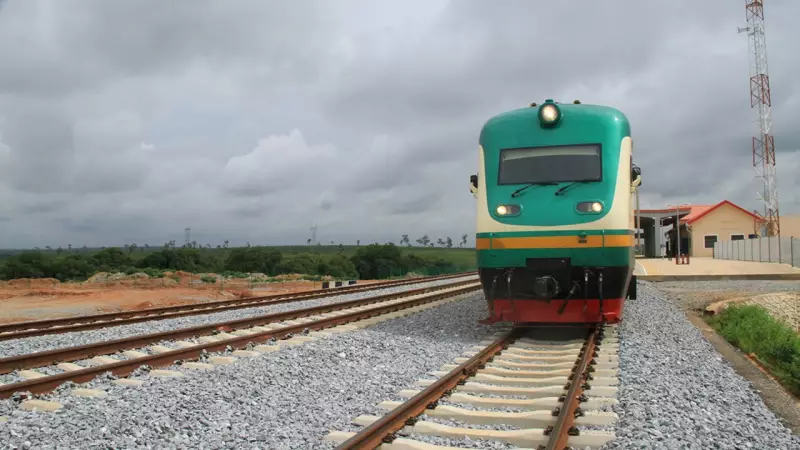
Nigeria's ambitious railway modernization program faces severe threats from twin challenges that continue to undermine national progress: widespread vandalism and a deeply entrenched poor maintenance culture. These issues are creating significant setbacks for what should be a transformative transportation network.
The Alarming Rise of Railway Vandalism
Across Nigeria's railway corridors, a disturbing trend of systematic vandalism has emerged as a primary obstacle to growth. Criminal elements are targeting critical infrastructure, stripping railway tracks of essential components and leaving the system vulnerable to collapse.
Recent reports indicate that vandal attacks have become increasingly sophisticated, with organized gangs dismantling signaling equipment, communication systems, and even track sections. This criminal activity not only disrupts service but also poses serious safety risks to passengers and railway staff.
Maintenance Crisis: A National Embarrassment
Compounding the vandalism problem is Nigeria's persistent struggle with maintenance culture. Despite substantial investments in new railway infrastructure, the lack of proper upkeep threatens to render these assets useless within years rather than decades.
Experts point to several maintenance failures plaguing the system:
- Inadequate routine inspection protocols
- Shortage of specialized maintenance personnel
- Poor spare parts management systems
- Reactive rather than preventive maintenance approaches
Economic Consequences of Railway Failures
The impact of these challenges extends far beyond transportation delays. Nigeria's economic growth is directly affected by railway inefficiencies, with several key sectors suffering:
- Agricultural sector: Perishable goods face extended transit times
- Manufacturing: Raw material and finished product distribution becomes unreliable
- Commerce: Increased transportation costs inflate consumer prices
- Tourism: Unreliable rail service discourages domestic travel
Security Measures and Technological Solutions
Authorities are exploring multiple strategies to combat these challenges, including enhanced security patrols along railway corridors and the implementation of advanced monitoring technologies. However, these measures face their own implementation hurdles.
Modern solutions being considered include:
- Drone surveillance systems for remote monitoring
- Community-based security initiatives
- Advanced tracking systems for railway components
- Predictive maintenance technologies
The Path Forward: Recommendations for Sustainable Growth
Industry experts emphasize that addressing Nigeria's railway challenges requires a comprehensive approach that combines immediate security measures with long-term maintenance strategies. Key recommendations include:
Immediate actions needed: Strengthen legal frameworks against railway vandalism, increase security presence, and launch public awareness campaigns about the economic importance of railway infrastructure.
Long-term solutions: Develop local capacity for maintenance operations, establish dedicated training facilities for railway technicians, and create sustainable funding mechanisms for infrastructure upkeep.
The success of Nigeria's railway modernization ultimately depends on overcoming these fundamental challenges. Without addressing both vandalism and maintenance issues, the country risks squandering billions in infrastructure investments and missing crucial economic development opportunities.





